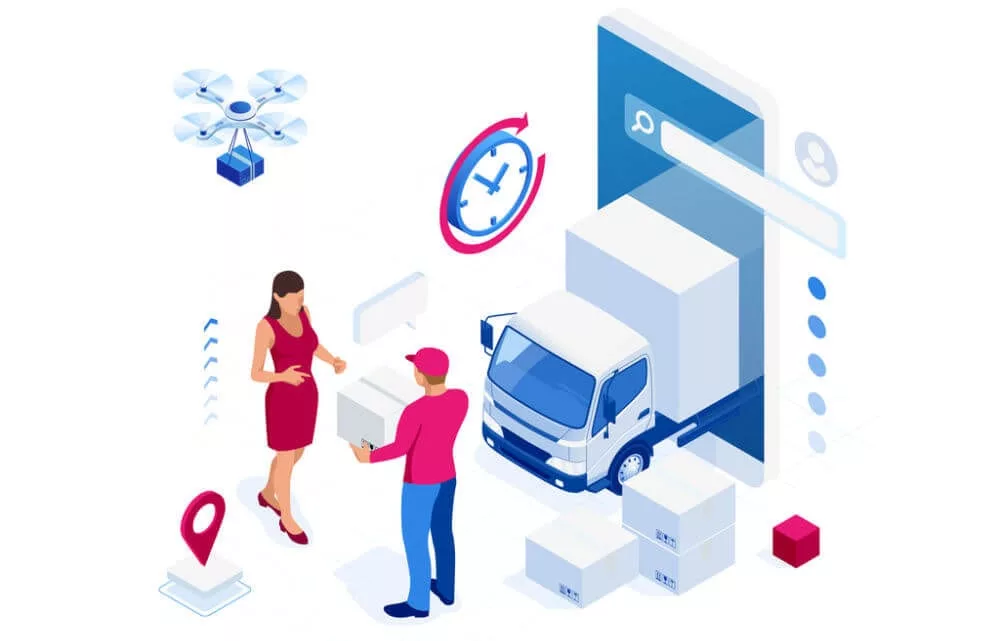Ultimate Guide to 4PL Logistics Advantages and Drawbacks

In the world of supply chain management, businesses are continually seeking innovative solutions to optimize their logistics operations. One such solution that has emerged is 4PL (Fourth Party Logistics). In this blog post, we will delve into the meaning of 4PL logistics, explore the key differences between 3PL and 4PL, and examine the advantages and […]
